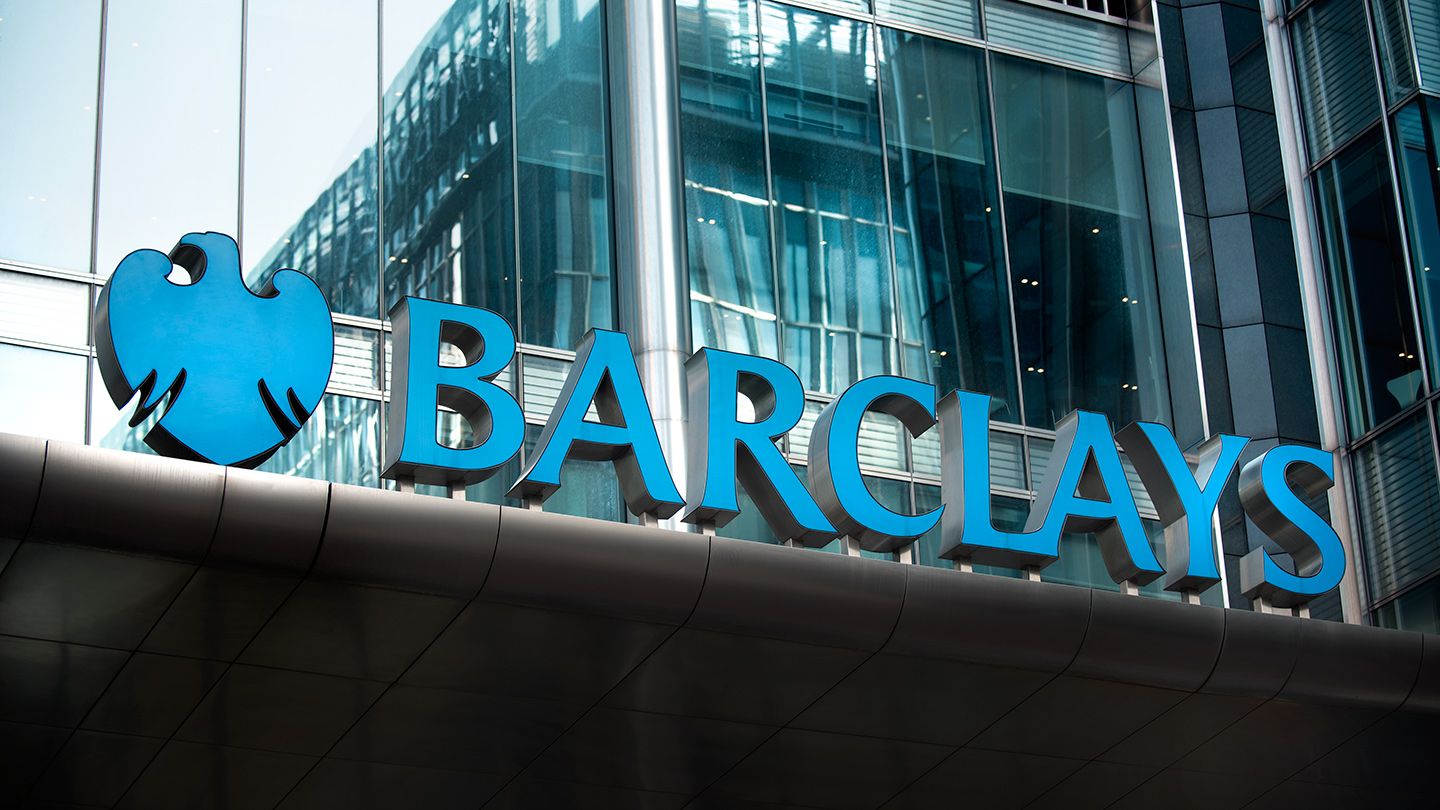
2018 Full Year Results
Barclays has published its 2018 Full Year Results.
Jes Staley, Group CEO said: "2018 represented a very significant period for Barclays.
In the course of the year, having resolved major legacy issues and reduced the drag from low returning businesses, we started to see the earnings potential of the bank, as the strategy we have implemented began to deliver.
This was evident in the improved performance across the Group compared to 2017.
Excluding litigation and conduct, profits before tax were up by 20% to £5,701m and our Group Return on Tangible Equity was 8.5% for the year – close to our 2019 financial target of greater than 9%.
Earnings per share excluding litigation and conduct for the full year was 21.9p. Our CET1 capital ratio of 13.2% is at our target of around 13%, and we have grown tangible book value for three quarters in a row.
The progress made on these key measures demonstrates that our plan is working and we have a strong foundation on which to achieve our returns targets for this year and next.
The fundamental strength of our Group rests on a diversified, though connected, portfolio of businesses. Barclays is well diversified by geography, by product and by currency between our consumer and wholesale businesses, designed to produce consistent and attractive returns through the economic cycle. The results for 2018 demonstrate this.
Our overriding priority for 2019 and 2020 is the attainment of our returns targets. Beyond those we are also focusing on medium term revenue growth opportunities – opportunities which rely on technology rather than capital. Such investment and focus beyond the immediate was simply not a viable option during the many years of reshaping this company.
The efficiencies we have driven have created the capacity to invest to strengthen and grow our business within our cost guidance of £13.6-13.9bn for 2019, although we have the ability to flex that investment to a degree to support our RoTE targets if the environment requires us to do so.
In 2018, based on our strong capital generation, Barclays restored the dividend to 6.5p and redeemed expensive preference shares dating from the financial crisis. This is excellent progress, but not sufficient.
Going forward the principal calls on future earnings should now be returns to shareholders and investing to grow the business. We will use the strong capital generation of the bank to return a greater proportion of those earnings to shareholders by way of dividends and to supplement those dividends with additional returns, including share buybacks. I am optimistic for our prospects to do more in 2019 and beyond.”
James E Staley, Group Chief Executive Officer